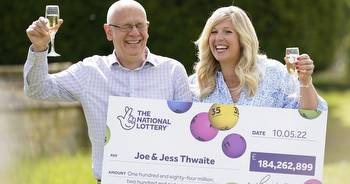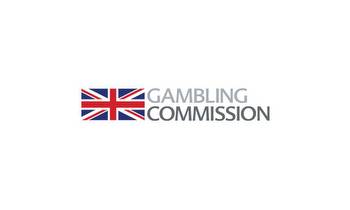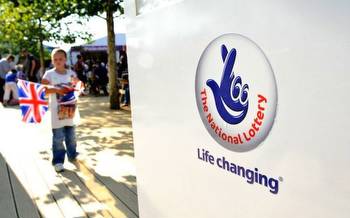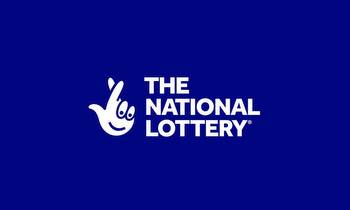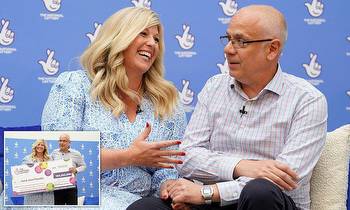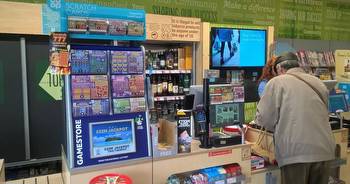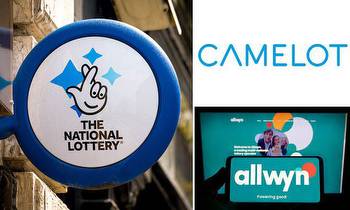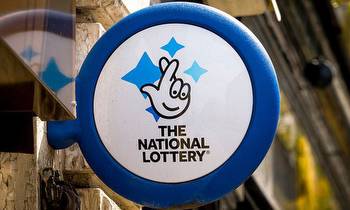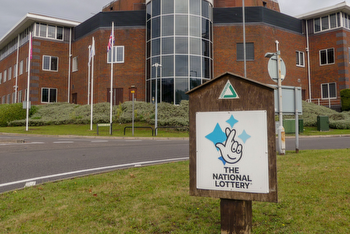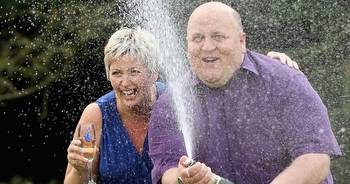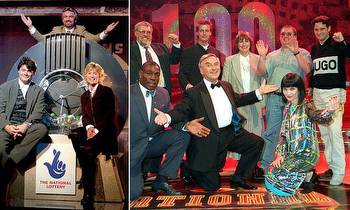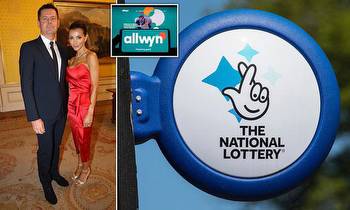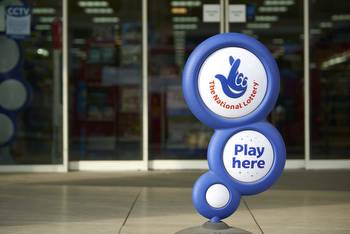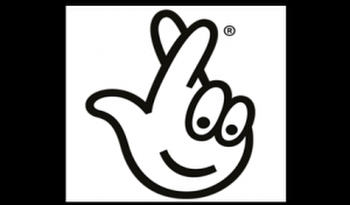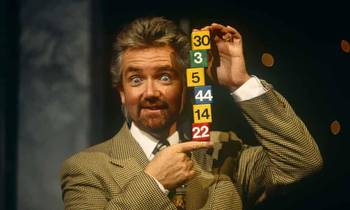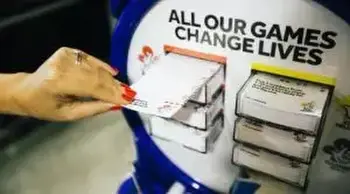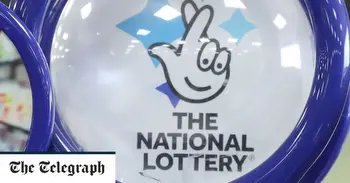EXCLUSIVE: National Lottery adverts should be banned, demand politicians

The comments were published last week as written evidence submitted to a government inquiry titled ‘What next for the National Lottery?’, examining the ongoing process to pick the next National Lottery operator.
The inquiry, which closed on 10 September, received statements from the Gambling Commission, the All Party Parliamentary Group (APPG) for gambling-related harm; the Department for Digital, Culture, Media, and Sport (DCMS); The Centre for Public Data; National Lottery distributors; and charity Clean Up Gambling.
After repeated delays, phase two applications to run the National Lottery closed in October, with the winner scheduled to be announced in March 2022.
Documents sent to applicants first uncovered by betterRetailing raised concerns among retailers that the Gambling Commission was urging applicants like Camelot and Sazka to focus on “developing the channel mix” with “technology-based products”.
However, even before the new licence comes into effect, the APPG and Clean Up Gambling raised concerns over an alleged shift away from sales in stores in favour of online products.
The charity wrote: “The past 18 months reflect a trend that has been consistent since the beginning of the third licence – Camelot reorientating the National Lottery towards online Instant Win Games.”
The submission said Camelot took more than £1bn of sales from online instant-win games during the pandemic.
Camelot’s latest financial results for the year ending 31 March 2021 showed that retail sales fell by 10.7%, while online sales increased by 42.8% during the pandemic.
A Camelot spokesperson told betterRetailing: “We are not re-orientating The National Lottery towards online Instant Win Games. We fundamentally believe that The National Lottery’s ongoing success – which culminated in record sales and record returns to Good Causes from ticket sales alone last year – is reliant on building and maintaining a healthy retail channel. Retail remains far and away the biggest National Lottery sales channel and we’ve continued to invest heavily in it at the same time as growing the largest digital lottery channel in the world by revenue.
“This has seen us grow sales of all six of our draw-based games, made us one of only a few operators to be growing sales of its flagship Lotto game, and helped us to become the best-performing European lottery operator in terms of growth in 2020.”
Raising concerns around the impact of gambling advertising, the APPG proposed “all gambling advertising should be banned – returning to a pre-2005 [Gambling] Act position”.
The Centre for Public Data and others also criticised the Gambling Commission’s competition process for picking the next operator for
lacking “transparency”, and gagging companies from being able to comment on plans.
Clean-Up Gambling accused the Gambling Commission of using strict non-disclosure agreements to limit criticism of the Gambling Commission’s regulation of Camelot, in particular that Camelot’s profits had increased while the funds it was raising for good causes decreased.
Aware of the criticisms, the Gambling Commission used the inquiry to reveal a requirement to be placed on the next lottery operator – described as an “incentive mechanism” – that would cap operator profits based on the level of funds raised for good causes.
While Camelot did not submit evidence to the consultation, its annual results addressed many points of criticism it had received. The company’s results released in June pointed to a record-breaking level of National Lottery sales and funds raised for charity through sales revenue last year. The results also defended its record on online instant-win sales, highlighting average online customers play fewer than two instant-win games per week.








